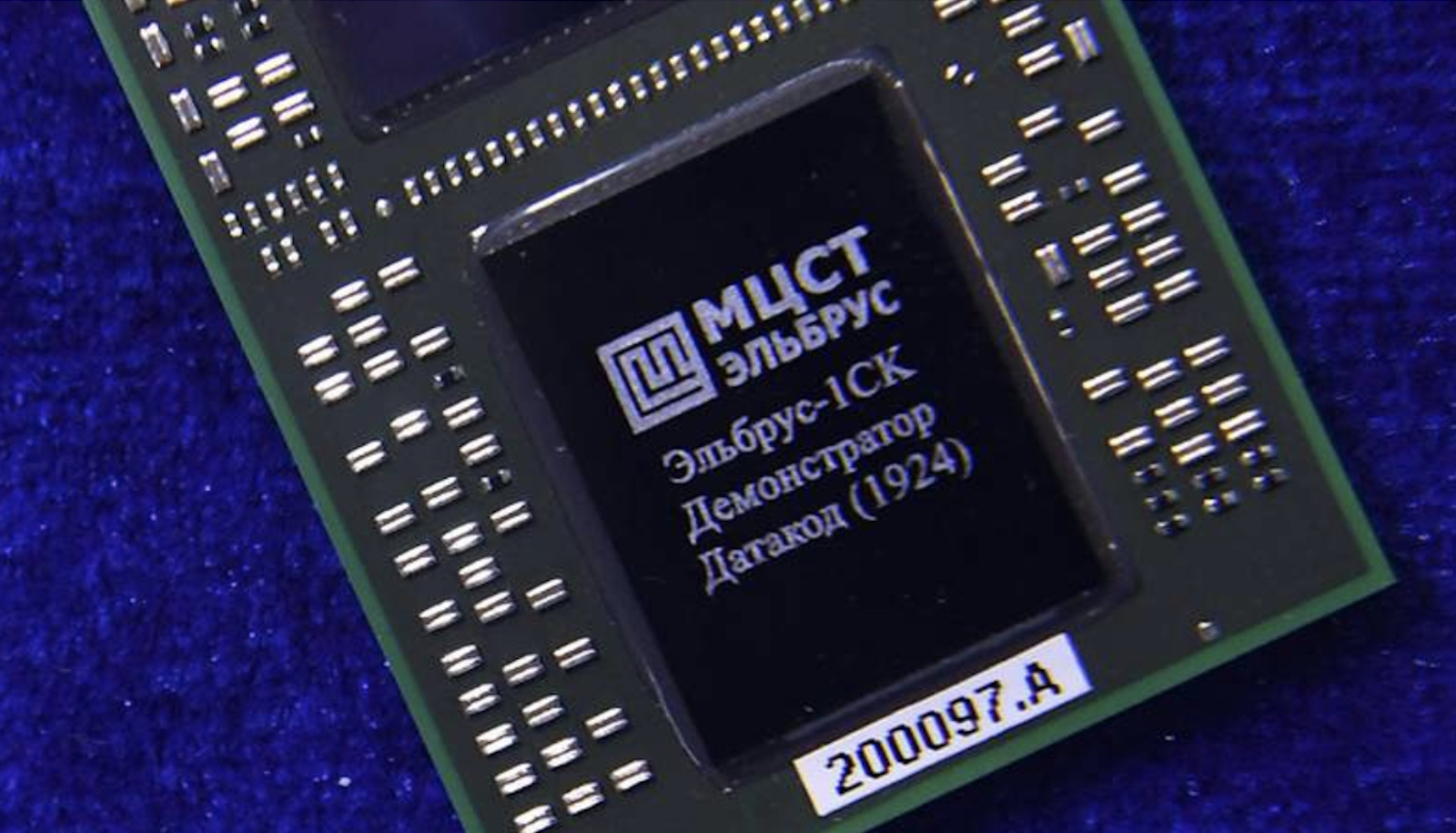
The global effort to isolate Russia economically continues to face determined opposition within Russia itself. In a striking case of sanctions evasion, a prominent Russian microchip manufacturer has been caught red-handed supplying vital components directly to the nation’s war machine. This revelation underscores technology’s crucial role in modern warfare and the ongoing challenge of cutting off Russia’s access to these crucial supplies.
The Smoking Gun: Evidence of Illicit Activity
In February 2023, a formal sales request letter surfaced detailing a transaction involving thousands of military-grade microchips. Experts confirmed the letter’s authenticity, which outlined the sale of this sensitive technology from AO PKK Milandr, a major Russian microchip producer, to what is likely a Russian defense contractor. This transaction directly contradicts the company’s public claims that it has no involvement in Russia’s military operations.
The contents of the letter, coupled with corroborating intelligence from US officials, present a damning picture of sanctions evasion. With clear evidence of the microchip deal, the credibility of Milandr’s CEO, Alexey Novoselov and his prior denials of any military connections have been severely undermined.
A Pattern of Deception
The blatant disregard for international sanctions casts a harsh light on the willingness of some Russian businesses to support the war in Ukraine at any cost. It also raises serious concerns about companies that continue to portray themselves as neutral despite clear evidence suggesting otherwise.
Understanding the Web of Connections
Understanding the key entities involved in this scandal is crucial to grasping its severity. Milandr, a major Russian microchip manufacturer, has faced increasing pressure due to international sanctions. The company’s leadership, particularly CEO Novoselov, stands accused of misleading the global community with blanket denials of military cooperation.
On the receiving end of the illicit microchip deal is likely NPO Poisk, a known Russian weapons manufacturer with clear links to the Russian Ministry of Defense. The microchips provided by Milandr are likely destined for use in missiles and other weapons systems currently deployed in Ukraine.
Reputational Damage and Stricter Sanctions
The microchip deal represents a significant violation of international sanctions, demonstrating how even highly regulated technologies can find their way into Russia’s military apparatus. Consequently, pressure will inevitably increase on Milandr, both from the international community and potentially from within Russia itself. This revelation is highly likely to result in tighter scrutiny of Russia’s supply networks and stricter sanctions against companies that facilitate the flow of military technology to the country.
The scandal also serves as a stark reminder of the complex and challenging nature of enforcing sanctions. The immense economic pressure exerted on Russia has undoubtedly disrupted its military operations, but as evidenced by this case, illicit networks’ ability to circumvent restrictions remains a critical concern.
The case of Milandr and the illicit microchip supply chain highlights the lengths to which some Russian companies are willing to go to support their nation’s ongoing war in Ukraine. It showcases the hypocrisy of businesses claiming neutrality even while playing an active role in fueling war. Above all, it underscores the central importance of cutting-edge technology to 21st-century warfare and the determination of sanctioned nations to continue their fight despite restrictions. The international community will need to redouble its efforts to track and disrupt these illicit supply channels or risk seeing Russia find further ways to circumvent sanctions and continue its destructive war.
